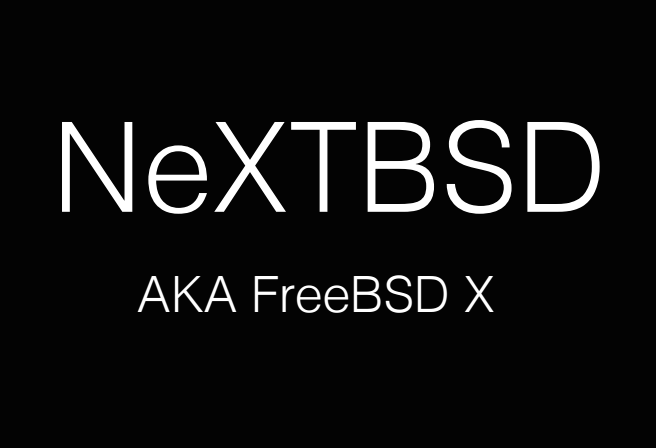Totally inspired to link the Wikipedia article by Menelkir's post, as further clarification and support for it.If you read the link Menelkir posted, https://lists.freedesktop.org/archives/systemd-devel/2010-September/000391.html, the embrace, extend, extinguish concept/philosophy is precisely what the end-goal of ibm redhat's systemd is.
You're spot on!
Rice also says in his diatribe that systemd uses some unique system features provided by Linux, which are not available to other Un*xes, and that right there is EEE in a nutshell, even if Rice himself doesn't recognize or acknowledge it as such in his speech. I can't speak to other people's intentions, or read their minds, but, even if launchd and systemd aren't intended as direct attacks against interoperability standards and principles, they do at least show a total disregard for them.
As a programmer in the late 90s and early naughts, I saw Microsoft do this repeatedly with HTML, Internet Explorer, and Java "extensions," drawing a little more blood every time, both directly, from the targets they "embraced" (notably Sun Microsystems), and indirectly, from contemporaneous software developers, like my employers and myself, who just happened to get caught in the bleeding of broken standards and ever-changing software requirements.
I pulled myself and employers away from RedHat at the moment when RedHat "Enterprise" split away from Fedora, and none of us ever regretted it.

